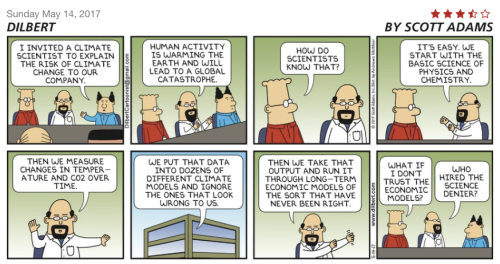These are questions we tend to answer flippantly, if at all, but given that every single culture in the whole of human history has proposed answers the questions must be rather more important than we might tend to think from a modern perspective.
Here are the answers I think are most useful, a condensed subjective view derived from the work of Jordan B. Peterson (I'll link below because I really think that JBP's work has practical value for any individual).
God
If we conceive God as the most ideal, moral leader possible then a couple of useful things happen. One, there is an ideal to aim for, whatever that ideal may be. Two, that spot is already taken by an abstracted ideal so that any given living glorious leader cannot delude themselves that that are that perfect ideal - the top spot is already taken. Nor can the people, or any substantial percentage, think that their glorious leader is God.
A good deal of historical nastiness could have been avoided. A good deal of potential future nastiness can be avoided.
Religion
If we conceive of Religion as a blueprint for 'how society should be' then it is literally possible to look around the world and see which blueprints are most successful when mapped onto reality. It is even possible to break that down into subsets of a given religion. Even done in a cursory kind of way, some useful results can be gained.
Adopting the most successful blueprint might be an idea. Consciously attempting to improve that blueprint might be a better idea. Discard all such blueprints look to me to be a ludicrous waste of a great deal of effort expended over a long long time.
One other useful aspect of religion is that it provided moral absolutes. Without those, morality within a culture becomes subjective, each individual making unique decisions about what is and is not moral. It doesn't take much thought to see where that path leads; the first and most obvious consequence being that every single individual you meet would be an unknown interaction of potentially conflicting moralities. The word 'Dangerous' doesn't even begin to cover that situation.
Maps of Meaning
Think of it as conversations; a little one sided, true, because they are the things I'd like to talk about but right now I can't think of anyone that I know that I would like to talk about them with. Not important things. Nothing to change the world, or improve life, or add meaning. Just things.
Friday, 9 June 2017
Tuesday, 6 June 2017
The Climate Change (AGW) Meme
The experiment explained. An-example-of-cognitive-dissonance
I am not going to reproduce any of the text from Scott Adam's blog here. That would kind of ruin the experiment, and I think it's a worthwhile experiment. So, read the cartoon, react, then go look at the blog. Or not. Your call.
I have been saying for a while now that a meme is a dangerous thing; an individual does not posses ideas, ideas possess the individual. A meme is like a virus, an idea that spreads from mind to mind often without notice, let alone analysis. This was and is (you still have time if you haven't read the cartoon, reacted, etc) a fair way to test yourself to see if you are possessed by an idea. How did you do?
Subscribe to:
Posts (Atom)
